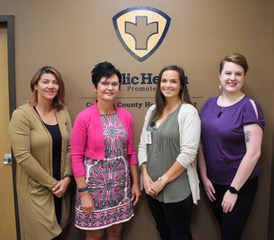NIGHTINGALE NOTES CASE STUDIES
See how other agencies are using the Nightingale Notes EHR system.

Case Study
Supporting Public Health Delivery in a Multi-County Agency
HORIZON PUBLIC HEALTH
Alexandria, MN
As a long-time Nightingale Notes user, Horizon Public Health depends on the system to help them deliver care over a large geographic area that requires significant travel.

Case Study
Serving the Needs of a Small Agency
DEPARTMENT OF HEALTH AND HUMAN SERVICES
County of Del Norte, CA
When a small, rural public health department wanted to transition to an electronic health records (EHR) system to streamline data management and reporting, they selected Nightingale Notes by CHAMP Software.

Case Study
Transforming Health Documentation
CAVALIER COUNTY HEALTH DISTRICT
Langdon, ND
Burdened by an inefficient paper-based documentation system, Cavalier County selected Nightingale Notes by CHAMP Software to streamline records management, reporting, and billing.
Find out what Nightingale Notes can do for your agency.


